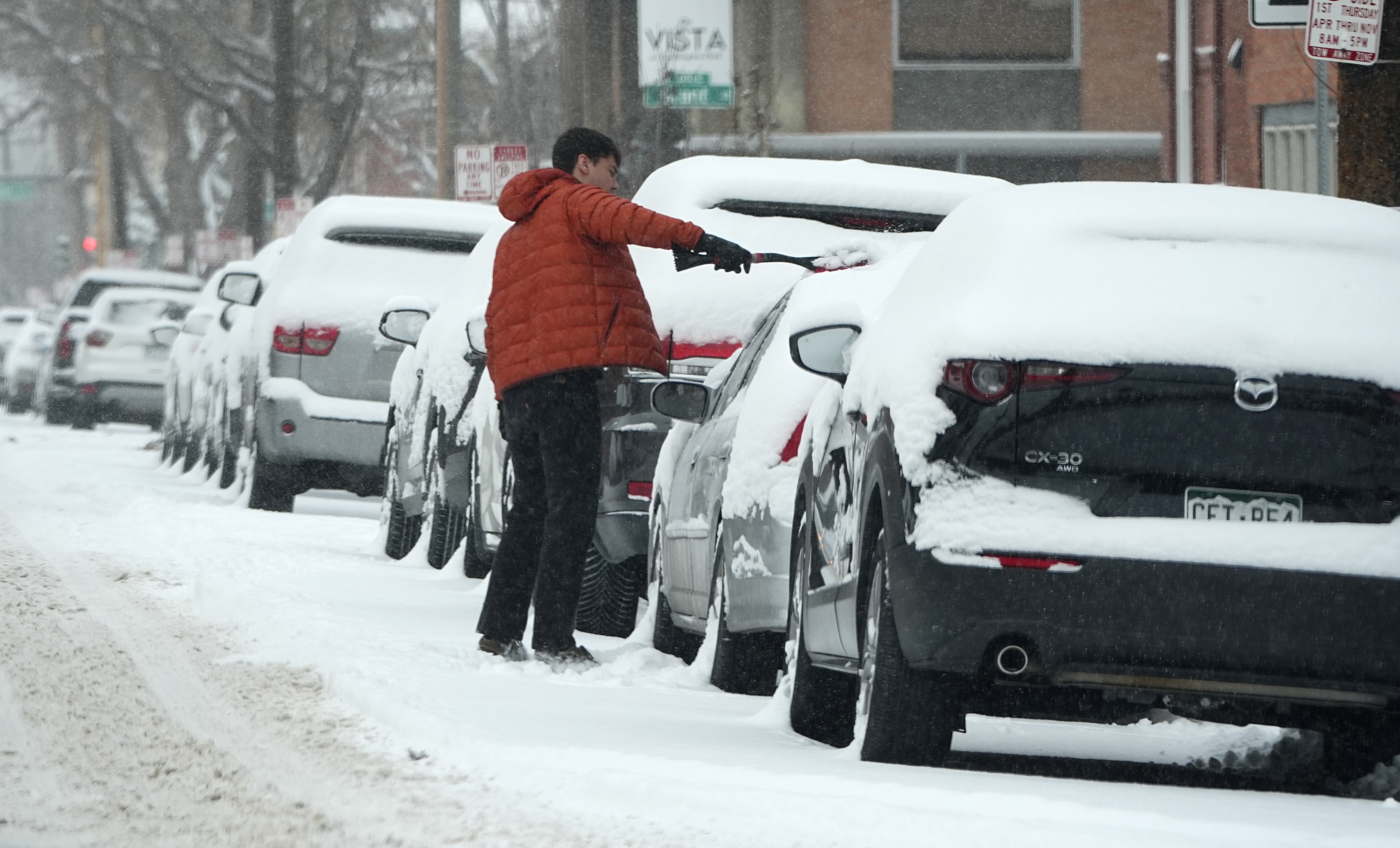
An outbreak in whooping cough cases in Connecticut has parents concerned as kids get ready to head back to school.
An outbreak in whooping cough cases in Connecticut has parents concerned as kids get ready to head back to school.
“It’s always scary, it’s always nerve-racking when something is going around and it’s rampant,” Kristen Kasparian, of Bristol, said.
Connecticut Department of Public Health Commissioner Manisha Juthani said there are 111 confirmed cases of pertussis, more commonly known as whooping cough. It's a significant increase from last year, when there was a total of 11 cases.
“That's astronomical in a year,” Danielle Peterson, of Bristol, said.
Get Tri-state area news delivered to your inbox. Sign up for NBC New York's News Headlines newsletter.
According to the Department of Public Health, 69 percent of the cases have been in adolescents. This has led health experts to believe some children may be undervaccinated following the pandemic.
“We are raising attention to this both to providers and to families. So, theoretically, people can get back up to date on their vaccines before children are going back to daycare or back to school,” CT Department of Public Health Commissioner Manisha Juthani said.
Vaccines and boosters are recommended for people of all ages, but especially for newborns, young children and pregnant women.
U.S. & World
“Any pregnant woman is recommended, even if you have been vaccinated in a prior pregnancy, to get vaccinated again with Tdap,” Juthani added.
Symptoms can last for weeks and include a runny nose, fever, and the most telling sign is rapid coughs, followed by a ‘whoop’ sound.
“It can get pretty bad, pretty fast,” Kasparian said.
Mom-of-two Kristen Kasparian said Bristol Public Schools alerted her of a case at the summer school program at Bristol Central High School. Like other local parents, she is asking families to do their part to keep everyone safe.
“I know it's hard, but if your kids are really sick and they are running a high fever, keep them home,” Kasparian said.
“It’s almost like COVID again, stay home when you are sick. We all went to get out and do things, but you don’t want to infect people that can’t protect themselves,” Peterson said.



